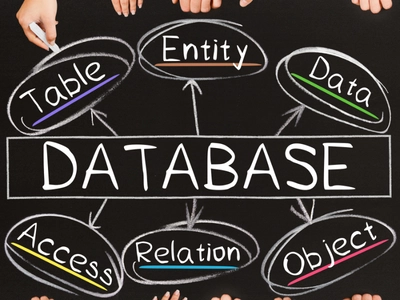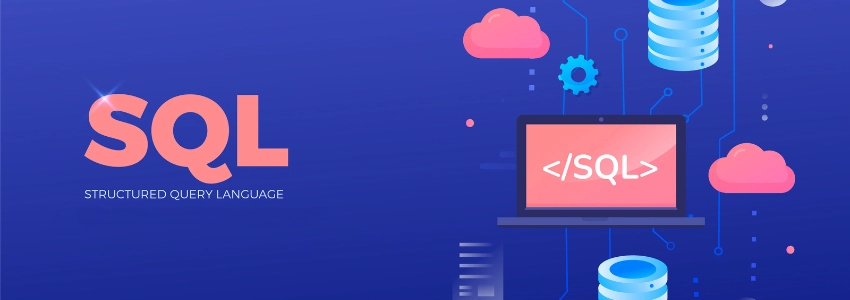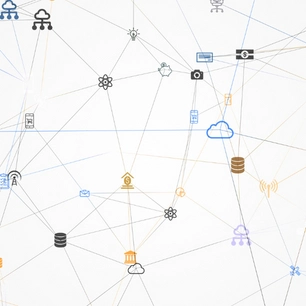In this article, we'll compare MongoDB vs MySQL and explain which one you should use for your next project. Both databases have their strengths and weaknesses, but each is able to handle different types of data. MongoDB's flexibility and scalability make it ideal for apps that change and grow quickly. MySQL is more secure and consistent, making it a better choice for apps that have regular updates.
MySQL is faster
MySQL is an excellent choice if you're looking for an open-source RDBMS. MySQL uses SQL to operate and has a strict row-table schema. MongoDB, on the other hand, handles both structured and unstructured data. MySQL is a faster option if you need to work with large amounts of data.
While MongoDB is easier to use than MySQL, you might not want to use it unless you're sure of your application's use case. However, both of these databases are capable of high performance. MongoDB and MySQL differ depending on your application's use case, and advanced tuning knowledge is required to achieve optimal performance. In addition, MySQL does not support master-slave replication, while MongoDB uses replica sets. Each replica is assigned a primary or secondary function. The primary replica reads data, while the secondary replica writes.
While MySQL offers many advanced features, including replication, clustering, and a built-in system to manage MySQL servers, it can't fully compensate for the fundamental problem with relational databases. While MongoDB is relatively new, it has gathered momentum over the past few years, and its popularity has spread throughout the tech world. Now, it's faster than ever, and more organizations are making the switch.
MongoDB is the database of choice for cloud-based applications. Its native architecture and support for sharding give it a competitive edge over SQL in this space. MongoDB also has built-in replication and auto-elections. The latter supports ACID transactions in a similar manner to MySQL.
MySQL is more flexible
Despite the similarities, there are some key differences between MySQL and MongoDB. While both databases use inverted indexing, MongoDB offers a more robust authentication system using user accounts and passwords. MongoDB also offers built-in replication capabilities to scale your applications across many servers quickly.
Both databases are designed to process data at a high rate, but they have different strengths and weaknesses. MongoDB is best for storing single-row data, while MySQL focuses on high-volume, low-volume operations. Both database systems are flexible and support multiple online schemas. MySQL is also widely available and can be used by any commercial enterprise with a limited budget. However, it lacks server caches and is susceptible to corruption when the server crashes.

MySQL has multiple layers of SQL functionality. As a result, it has fewer options for interacting with JSON data. In addition, it can be prone to data consistency issues. It also requires frequent optimizations of its data schema. In addition, handling large volumes of data can be slow in some circumstances.
MySQL is more flexible than MongoDB but is not as user-friendly as MongoDB. MongoDB allows you to define columns and data types and is much more flexible. It is also more efficient. While MySQL is better for transactional operations, it isn't suitable for unstructured data. In addition, it is not as fast and flexible as MongoDB.
MySQL is more secure
Using MySQL is more secure than most other database servers, and the reason is obvious: it is designed for high performance and is compatible with many different operating systems. It also has a solid data security layer, and passwords are encrypted. Additionally, the MySQL client and server software can run on the same machine or separately, making it a versatile choice. MySQL also has a unique storage engine architecture that makes it faster than most other databases.
Most database breaches occur due to malicious insiders and poor security configuration, not external hackers. Thankfully, each new database version comes with security improvements, so organizations should take advantage of these upgrades. For example, MySQL 8.0, released in April 2018, brings improvements across the board, including significant security upgrades. These improvements make MySQL more secure and reliable than ever before.
Another benefit of using MongoDB is that it facilitates the use of Secure Sockets Layer and Transport Layer Security encryption. These encryptions can be applied to data and documents, making MongoDB more secure. It also has privilege-based access controls, an authentication model, and auditing capabilities. Users can be granted access privileges and roles, which is an excellent benefit for applications that rely on sensitive data.
While tight security is not possible in every network, limiting access is the best way to protect your MySQL server. Firewalls can help to limit access to MySQL, and you should only allow it to be reached directly by application hosts and management servers. All other hosts should be able to access the MySQL server only through a proxy layer. By restricting access, you can reduce the number of potential attackers.











